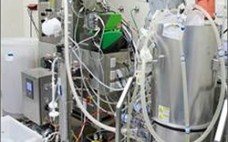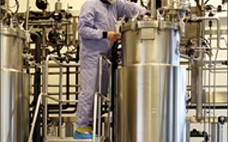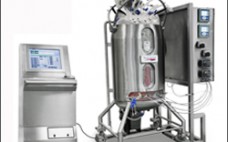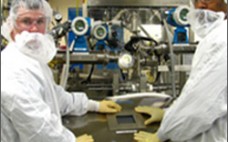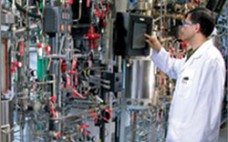The protein manufacturing industry faces many challenges today – large stainless steel bioreactors cause downstream processing bottlenecks and come with a large footprint and high CAPEX. To address these challenges, DSM Biologics has developed the XD® Process Technology. This proprietary technology uses disposable systems to simplify the downstream process and lower CAPEX. In this on-demand webcast, Rolf Douwenga, Vice President of Global Research and Development for DSM Biologics, discusses:
• Issues Facing Protein Manufacturing Industry
• How DSM Addresses These Issues
• In-depth Explanation of XD Process Technology
Join Douwenga as he details several case studies using XD Process Technology to enable a more flexible and simplified downstream process.

